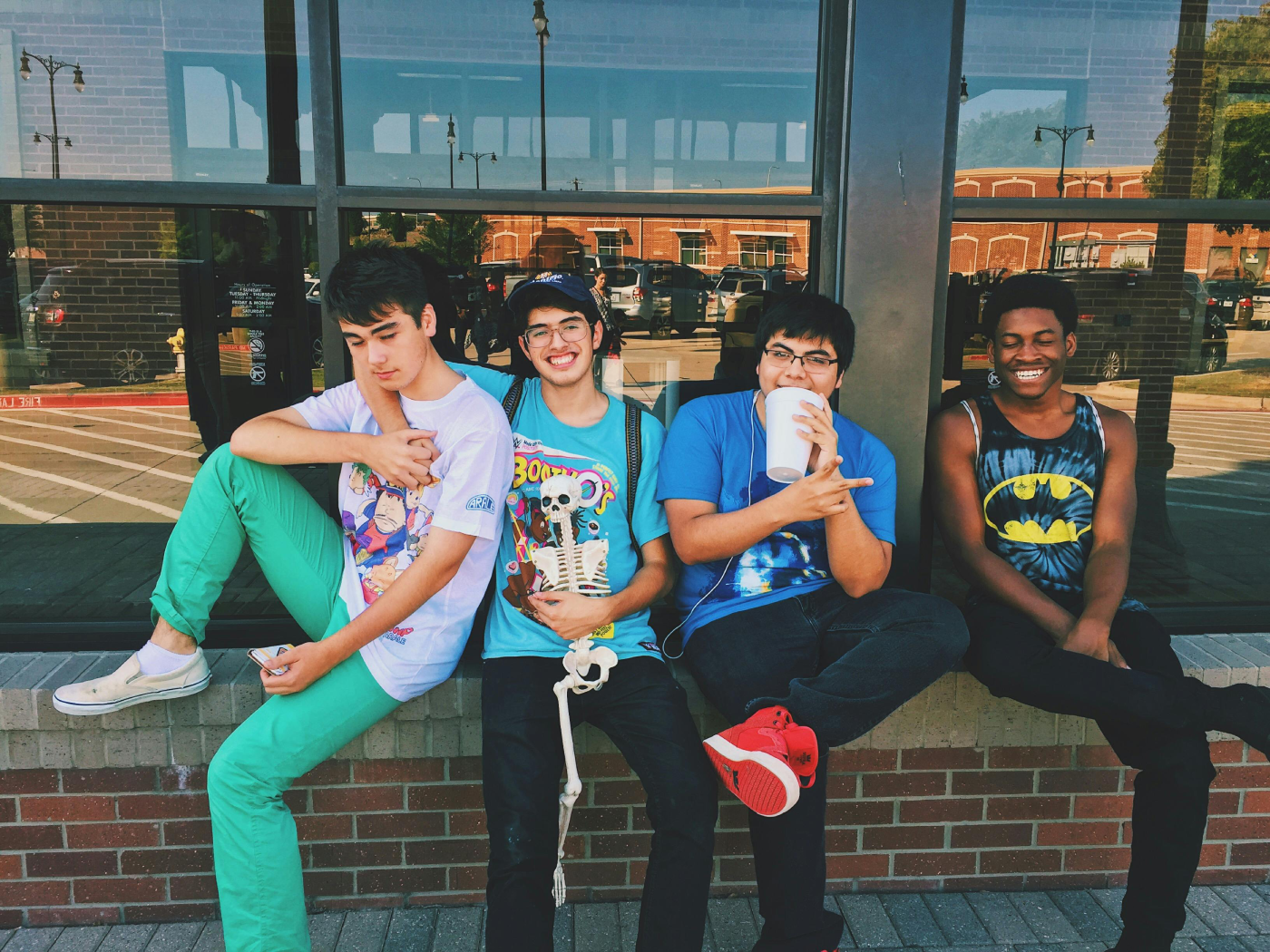If you have attended rehab either for yourself or a loved one or even gone to a 12-step meeting, you may have heard people mention or use the term HALT. This has become a well-known and commonly used acronym for:
- Hungry
- Angry
- Lonely
- Tired
HALT has become a tool to remind people of the four most prevalent stressors when in recovery. These are basic needs that commonly get overlooked and have been the cause in which an individual has relapses when not met. An individual who practices HALT will ultimately have an effective warning system that reminds you to pause or halt and identify your common triggers before falling back into the trap of abusing drugs or alcohol.
What does HALT stand for?
HALT is an acronym that reminds individuals who are in addiction recovery to take a second for themselves and assess if their basic needs are being met. We as humans are very susceptible to self-destructive behaviors if our basic needs are not being met, which unfortunately for addicts in recovery will turn back to drugs they have worked so hard to remove from their lives.
So what exactly does HALT stand for?
H, Hunger
Hunger can be an emotional or physical need. Understanding the need for us to eat is relatively straightforward; however, remembering to eat well, healthy nutritious foods is not so straightforward.
However, when we step back and assess the situation, we are often hungry for not just food to keep our bodies going but for support, affection, and understanding. Therefore it is vital to have an understanding and robust support system. We all need loved ones who will nurture us, give us the love and care we deserve, and help us ease the hunger we have and not turn into destructive negative individuals.
A, Anger
Anger is a perfectly normal and healthy emotion to experience now and again in life. However, if you find yourself becoming angry quickly or seem to be angry more often than not, then it may be time to HALT and identify precisely the root cause of your anger.
It could either be an individual, a current, or a past situation; however you will need to identify and act appropriately to let go of the anger attached. Calmy, you will need to have the courage to speak to the person causing you this emotion or go out of your way to fix the problem.
L, Loneliness
We all get lonely at times, even when surrounded by a group of people. We can often isolate ourselves without meaning to, completely withdrawing due to doubts and fears that we make up in our heads. If you are beginning to feel lonely, HALT asks yourself, have you made an effort with a loved one or friend lately?
These are the people who will support you when you begin to feel lonely; reach out to them and express how you are feeling in a way that makes you comfortable. Ask them to go out for a coffee, go for a hike, sit in the park; instead asks than hiding from everyone and returning to substance abuse, reach out and connect with individuals who you know would love to see you.
T, Tired
Tiredness can take a real toll on our bodies, resulting in us feeling, thinking, and behaving irrationally. When you aren’t getting enough sleep, take the time to HALT and identify why you are tired. Simply going for a walk in the park for some fresh air can do wonders on your mind, allowing you to relax, forget about all your worries and just be present for a short time.
Doing something fun either by yourself or with loved ones will encourage you to fall asleep at the end of the day, knowing you are feeling loved, happy, and enjoying life.
Use HALT and avoid everyday stressors.
HALT is a great way to set yourself up for long-term relapse prevention. It can become easy to avoid becoming hungry and minimize your risk of experiencing severe food cravings if you go above and beyond to eat nutritious, healthy foods. Furthermore, it is always best for your recovery to avoid skipping meals and to always have a healthy little snack nearby or on you if you are out and about, such as dried fruit or nuts, to curb any cravings that might pop up.
It is very easy to say to someone, ‘Oh, you can avoid feeling tired by getting enough sleep’ however it is never that easy, especially if you are a recovering alcoholic or drug abuser. The best way to ensure that you will sleep well is to stick to it. Routine and tire yourself out throughout the day. Wake up in the morning, carry out proper hygiene, go for a run, meet up with some friends, do some volunteering.
If you do find yourself doing everything you can to tire yourself out and sleep well, but it just isn’t happening for you right now. Don’t be afraid to reach out to your doctor or your therapist, who will be able to recommend the best techniques or non-addictive medication to get you and your sleeping pattern back on track.
Ultimately, one of the best ways to keep yourself on track and rid yourself of everyday stressors is to connect to others in their recovery phase, such as attending 12 step meetings. These meetings will be filled with individuals like yourself who provide support or ask for help. It is a fantastic place to meet people on the same road as you, who may be going through the same struggles. However, the most valuable part of these meetings or groups is that you can see with your own eyes that you are not alone in how you are feeling. You are not the only one fighting addiction; this can often give you a sense of belonging, being with an individual with who you can identify.







